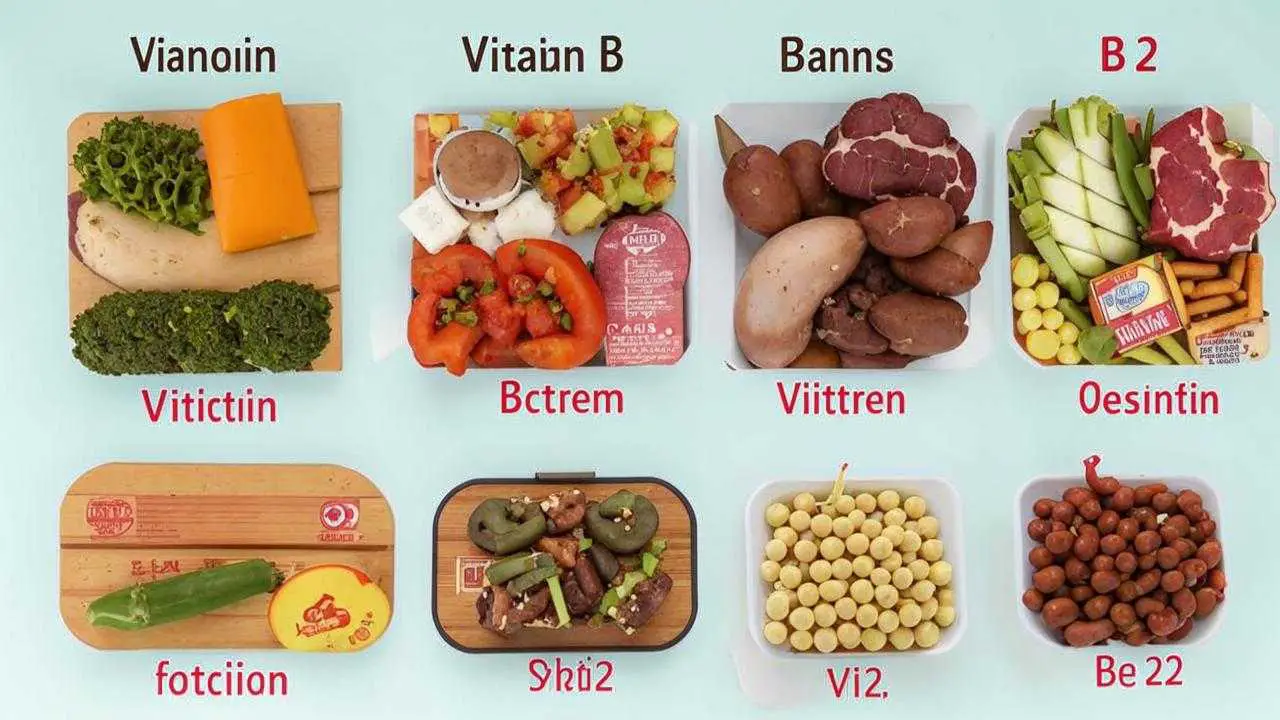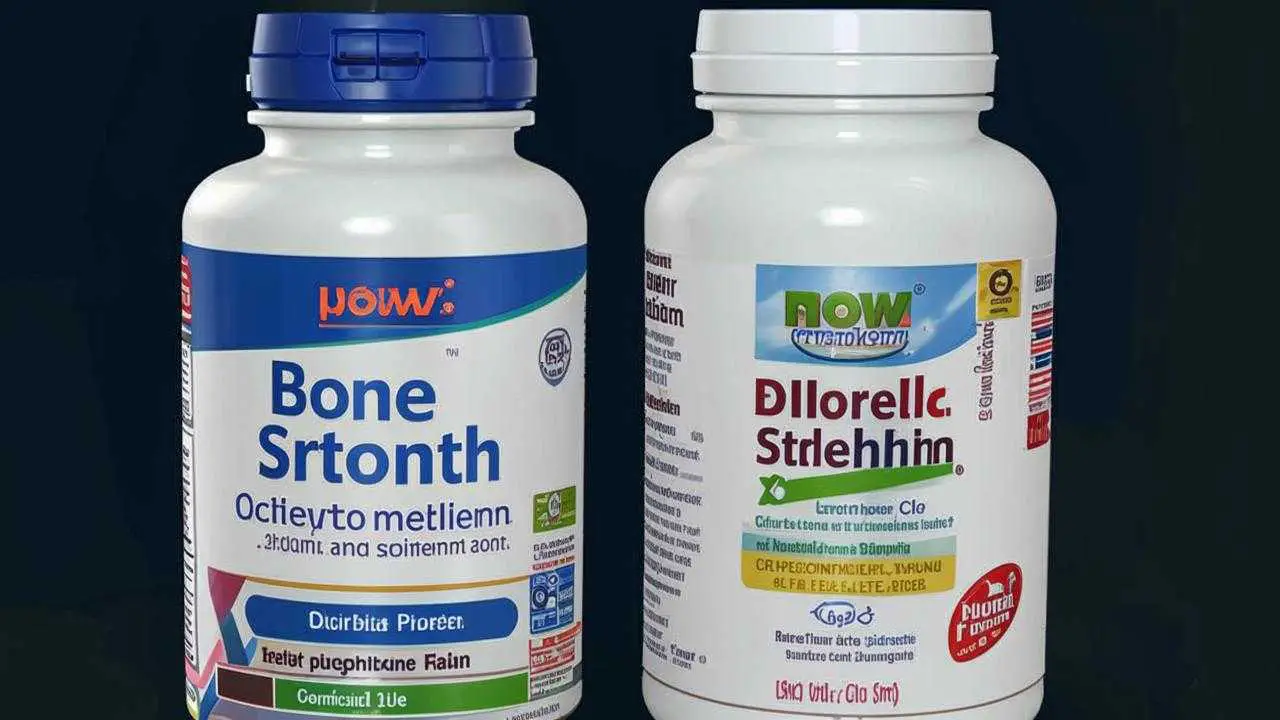Reading time ~ 5 min Number of readings: 130047
A beautiful smile is one of the main components of an attractive appearance and non-verbal language of communication. To be able to attract people with an attractive smile, you need to have beautiful and healthy teeth. They can be kept that way by a balance of nutrients in the body. What vitamins for teeth and gums should be consumed and where to get them, we will consider in detail in this article.
Vitamins are organic compounds involved in the vital functions of the body. They are indispensable for maintaining health and the proper functioning of life-supporting processes in general. Vitamins come from the environment, or are synthesized in the body independently.
Vitamin deficiency
Lack of vitamins in the body leads to dysfunction of various organs and processes. This greatly affects the quality of life and appearance of a person. As for the state of the oral cavity, one of the signs of vitamin deficiency is the condition of the teeth, in which they begin to decay and fall out, another – inflammation of the gums. In addition, there may be dryness and burning in the mouth, changes in taste perception, roughness of teeth, increased sensitivity of enamel. Especially strongly felt vitamin deficiency in the loss of teeth, of course, such a process is already accompanied by the presence of additional diseases.
The cause of dental diseases can be incomplete nutrition with useful substances. For example, the lack of such components as: vitamin D, calcium, fluoride, phosphorus, magnesium. At the initial stage, dark spots, grooves, depressions appear on the teeth. The enamel is severely thinned, and then the tooth begins to crumble. To stop this process, it is necessary to know what vitamins to drink if the teeth crumble.
Minerals and vitamins to strengthen teeth
In order to prevent, rather than treat teeth and oral diseases in general, you need to nourish your body with an optimal amount of vitamins and minerals. This requires a balanced diet, if necessary – the use of special vitamin complexes and supplements, careful oral hygiene and visits to the dental office for preventive purposes.
Let’s start by finding out what vitamins teeth lack for a healthy smile:
- Vitamin D. It contributes to the normal absorption of calcium and phosphorus. No vitamin and mineral complex can do without it. You can get vitamin D from meat, fish oil, eggs, olive oil, butter, and sun exposure.
- Vitamin E. It is an antioxidant. It is needed in tissue repair and protection from free radicals. Vitamin E is found in greens, nuts, fish, sunflower seeds, avocados, and dairy products.
- Vitamin A. This is the main vitamin that strengthens teeth and prevents gum disease. Find it in orange and green fruits, especially carrots, cabbage, spinach, eggs, and fish.
- Vitamins B2, B3, B12. These are beneficial vitamins for tooth enamel. They also prevent inflammation of the soft tissues of the oral cavity. In sufficient quantities there are vitamins of the group “B” in fish, dairy products, spinach, almonds, meat.
- Vitamin C. Essential for maintaining healthy gums. Such a serious ailment as scurvy, occurs precisely because of a lack of vitamin C. It also prevents plaque build-up. The source of vitamin C is: strawberries, broccoli, rose hips, black currants and, of course, citrus fruits.
Except for vitamins, you need to consume minerals to strengthen the teeth. They are just as important for maintaining the health of your teeth and smile in general. Let’s consider the main ones:
- Phosphorus. This is an essential component for the preservation of dense enamel. The body takes it from fish, meat, nuts, dried fruits, buckwheat.
- Calcium. On a par with phosphorus, it is the main component of the tooth and is necessary for the bone tissue of the teeth. If the body does not have enough calcium, it begins to “leach” from the bones. Therefore, it is very important to keep its levels high. Calcium is found in seafood, leafy greens, seeds, legumes, nuts.
- Potassium. It is essential for bone formation, including jaw bones and blood clotting. Potassium is absorbed from bananas, legumes, dairy products, leafy greens.
- Magnesium. This mineral protects and strengthens tooth enamel. Magnesium is found in leafy vegetables, apricots, wheat germ, apples.
- Zinc. It is used to control the level of bacteria in the oral cavity. With an increased concentration of bacteria, carious and inflammatory processes can begin. High zinc content in red meat, mushrooms, pumpkin seeds and all kinds of legumes.
- Iodine: Iodine aids in the absorption of calcium and is therefore essential for the growth of teeth and keeping them strong. The main source of iodine is seaweed, seafood, especially shellfish, and garlic.
Supplements for teeth
Usually, the human body takes all the necessary vitamins and minerals from food. However, in some circumstances, this balance can be disturbed, viz:
- When it is necessary to follow a special diet, where a person can not completely close the need for vitamins;
- in certain diseases or surgical interventions. For example, with periodontal disease, after implantation, etc.
In such cases, additional vitamins for teeth are prescribed for adults and also for children. Among them there can be special vitamin complexes for teeth, nails and hair, as well as individual groups of minerals and vitamins that are currently needed by the body.
Enamel remineralization
As for the procedure of remineralization of teeth, it is carried out both in the dental office and at home. In the first case, the doctor removes soft plaque and tartar, dries the tooth surface, and then restores the enamel with preparations containing calcium and fluoride.
To saturate the teeth with minerals at home, special toothpastes and gels are used, which can be purchased at the pharmacy. Depending on the age (children or adults), the appropriate fluoride content in the paste is selected.
After the remineralization procedure, the enamel is saturated with minerals and becomes more resistant to the carious process.






